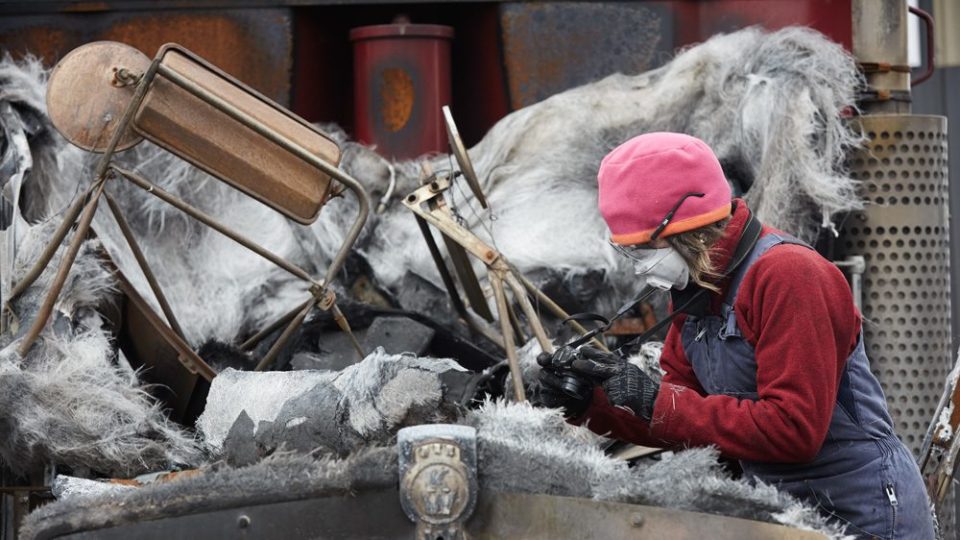Understanding the root cause of building & structural failures is instrumental when it comes to creating better designs, safer buildings, and more dependable operations. It is also a key factor in determining possible repairs and culpability in construction disputes caused by said failures.
The construction experts who investigate property losses and injuries related to the failure of structures, components, and designs are usually called forensic engineers. But what kind of incidents do forensic engineers investigate, exactly? What qualities does a construction expert require in order to be able to operate as an effective forensic engineer?
In this article, the forensic engineering consultants from VERTEX will shed more light on this topic by explaining the basics of forensic engineering investigation and taking a brief look at the different types of structural failures these experts are usually called upon to investigate. Read on to learn more.
What is the goal of a forensic investigation?
The job of a forensic engineer is to establish a chain of causation that has led to a specific failure, whether it is a physical component itself or a mistake by the people handling it during construction or renovation. In the case of a failed component, this data can then be used to develop better designs of reliability and performance, which can lead to a longer product lifespan for end users. In the other case, those lessons can lead to better and safer practices for workers
If the examination of the failure is part of a civil litigation or a criminal court case, findings produced by a forensic investigation are often presented as evidence and/or expert testimony in a court of law. This can be used to determine culpability for personal injury, loss of life, and property damage caused by the defect in question.

In some cases, forensic engineering has even been used to make the case for property infringement claims.
What types of failures do forensic consultants investigate?
When performing forensic site investigations, no two buildings are exactly alike. Every structure or construction site has its own unique circumstances that may have had an effect on the failure that occurred. Therefore, forensic engineers have to ignore any “assumption bias” that may interfere with an investigation.
The 10 main types of forensic investigations are:
- Structural forensic engineering
- Chemical engineering
- Forensic litigation services
- Electrical engineering
- Materials engineering
- Fire and explosion investigations
- Crash data retrieval
- Drone analysis
- Forensic building consulting
- Accelerant detections
In addition to being hired to determine the true cause of a particular loss, forensic engineers can also determine who is liable and whether there was foul play involved. In this capacity, they may also be hired in cases that involve arson, fraud, and construction claims.
Incidents forensic engineers investigate include:
- Bodily and biomechanical injury
- Civil and structural failures
- Electrical fires and failures
- Product failures
- Material failures
- Equipment failures
- Trucking and transportation accidents
- Environmental disasters
- Reconstructing collisions
- Natural gas incidents
Which qualities do forensic engineers need?
Forensic engineers are the detectives of the construction world. For this reason, they have to have plenty of experience and a problem-solving mentality that drives them to figure out why a certain loss happened and whether it was caused by human error.
Forensic engineers usually come from the ranks of highly qualified civil, structural, mechanical, electrical, chemical, materials, or environmental engineers. Many of them also specialize in types of structures such as residential, commercial, high-rises, or industries such as gas, oil, or consumer appliances.
Finally, forensic engineers need to also be excellent communicators in order to be able to clearly explain complex concepts to laypeople. This is of particular importance when the forensic engineer is called upon to provide expert witness testimony.

